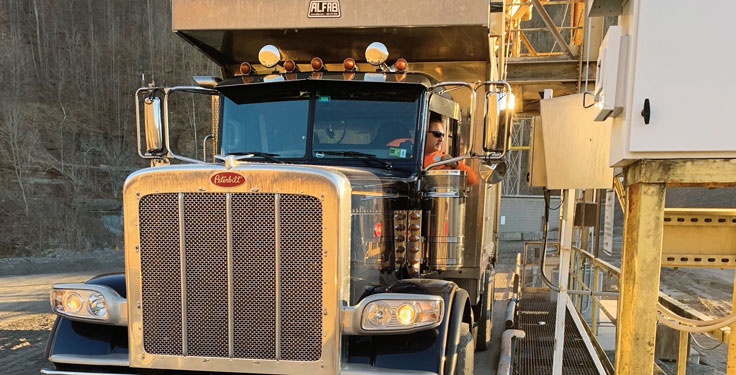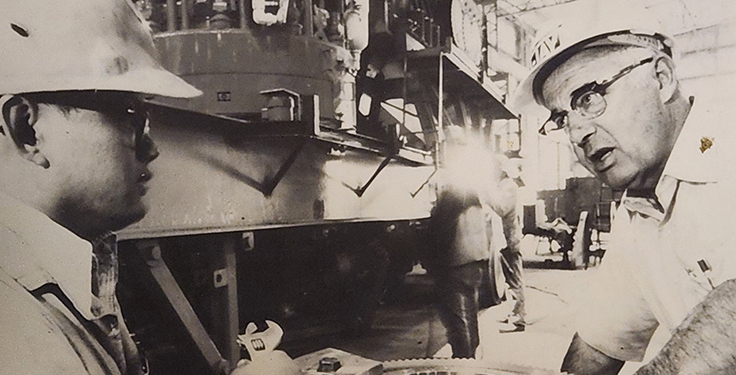Besides cash sales, Apex’s dispatch functionality is responsible for everything that comes in and out of Greer’s plants.
“It drives everything we do in aggregate,” says Blake Mattern, logistics manager at Greer Industries. “We use it daily, all day long.”
Greer’s management quickly approved the automation, but it took some employees – especially third-party drivers – time to get used to it. Most drivers learned how to swipe their ID cards quickly, and it’s now part of their daily routines.
“Some of the other guys who took a little longer have come around,” Mattern says. “Now, all our guys love it. They realize it makes their jobs easier.”
With the automation Auto ID provides, Greer can allocate staff to other areas of business that require more attention. Swiftly scaling trucks with ease allows Greer to move additional tonnages while eliminating the line of trucks waiting to get weighed.
“We saw that return instantly,” Mattern says.
Meanwhile, by scheduling and assigning loads with Apex the day before trucks hit the road, truck drivers save time and ultimately deliver more loads per day.
“They just have to configure the dispatch the night before and their jobs are done for the day,” Mattern says. “They know what they’re doing before they even get here.”
At the same time, back-office staff know if they can cover customer orders ahead of time.
Takeaways
As Command Alkon describes, Apex has provided Greer operational value in multiple ways. The value is also being felt externally with new truckers.
“Right away, a lot of those truck drivers were really happy with the fact that they can get in and out of here without having to talk to somebody all day long,” Mattern says. “Automation lets them do that.”
Related: How automation, digitalization can alleviate worker shortages
Dan Orzechowski is content developer at Command Alkon.












